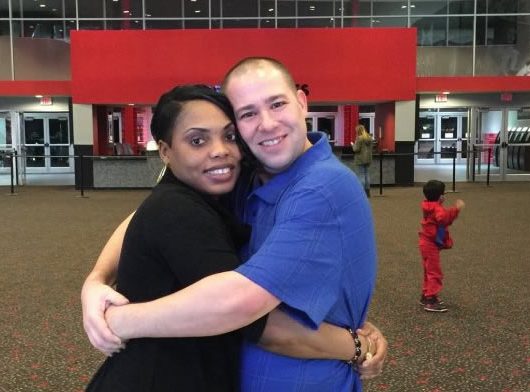Almost everyone shivers a bit when a spider or bug startles, a snake slithers, or a mouse streaks across the floor. That jumpy response is understandable yet transient. But others may be paralyzed with anxiety and fear because of things that really do not pose a danger. Further, the fear of these things that are not reasonably hazardous is known to be over the top even by the person experiencing the reaction. This type of irrational fear is known as a phobia, a difficult condition for the phobic person, but also a concern for those who know and love him or her.
If you find yourself in a relationship with an individual with an actual phobia both of you will be in need of some help. Your partner would probably benefit from medication and cognitive-behavioral therapy, but until or even while that happens here are some tips to navigate the sometime tumultuous waters of dating someone with a severe phobia.
Know You Or Something Of Yours May Trigger The Phobia

Because a phobia is not based upon a reasoned fear, you may unwittingly raise your partner’s anxiety just by being you. For example, if he or she is set off by dogs, and you have one, you now have a major issue. Your love of sailing could be a deal breaker for someone with a water phobia. Once you identify the things in your life that are intolerable to your love you have some decisions to make.
- Eliminate the trigger — the boat goes in drydock or the dog is given away
- Avoid the trigger — you sail only when your partner is elsewhere and your relationship blossoms only away from your dog
Resist Being “The Scout”
Sometimes relationships with people suffering from phobias develop a significant enabling feature. You enter a room or scan through an itinerary to seek for the thing, action. Or an event that generates angst and terror for your phobic lover. This process may feel loving and supportive, but you are actually encouraging the behavior, reinforcing it by your vigilance and undermining any efforts your partner may try to overcome the unreasonable fear. This quickly becomes a very co-dependent behavior, benefiting no one.
Realize That Many Days Can Be Normal
Depending on the phobia your relationship may be free of almost all evidence of your sweetie’s fear on a typical day. Fear of flying is fairly irrelevant if neither of you needs or want to travel and alternative methods are available. A phobia of blood or needles likewise will rarely rear its head in day to day life. Often, professionals can manage it . If you can deal with occasional phobia meltdowns the relationship need not suffer.
Know This Is A “No Fault” Condition
Your phobic friend likely realizes more than you that his or her fear is groundless. Yet without professional help the fear simply takes over no matter how much the person wants to resist. Being compassionate, without enabling, is usually the best course.
Suggest And Support Treatment

Anxiety disorders like phobias are usually very responsive to treatment, and many competent practitioners are available in most areas. Be patient as your partner works through therapy and tries new medication. Consider attending a few couples sessions so that you can understand how you can help with the therapy. Even after therapy is complete be sure your partner follows the best practices suggested by his or her practitioner.
Take Care Of Yourself
Do not be a martyr as you and your partner move forward. For your relationship to be healthy you need to care for yourself as well.
















